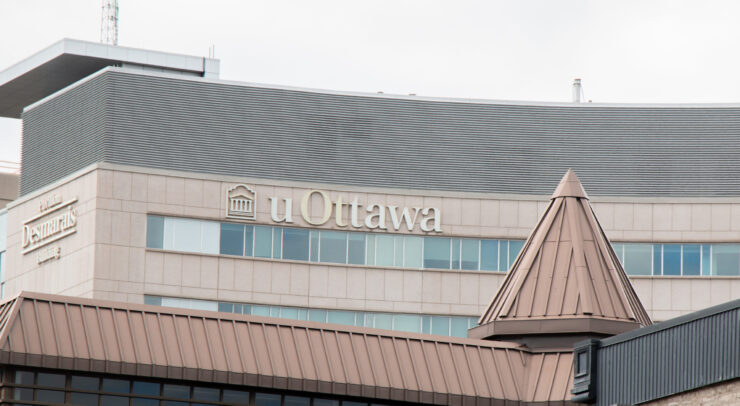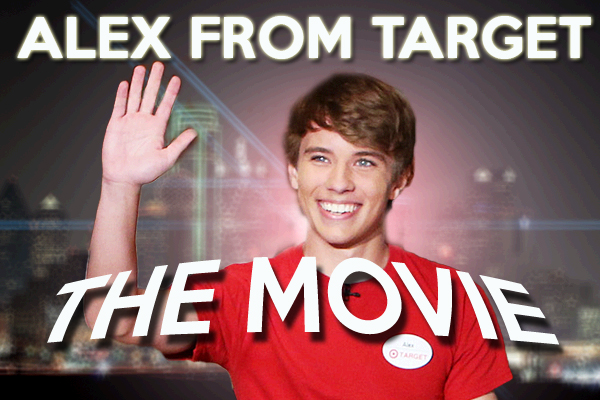The danger of the “new normal”
In stark contrast to the optimistic pandemic news we’ve seen lately, CBC recently reported that there was a critical paramedic understaffing leading to an ambulance shortage across Ottawa in the last week of 2021. Hospitals were short-staffed, Omicron was rising like a zombie from the almost-dead, and many paramedics were home sick with COVID-19 themselves — contracted from an indiscreet holiday party. For up to 15 hours a day, we had no ambulances available.
If that’s shocking to you, wait until you hear this happened approximately 750 times throughout 2021. No ambulances. No wee-woos. This is what fuels the worry gnawing at the back of my head as I consider our loosening restrictions. Why are we so willing to ignore this critically understaffed healthcare system?
There are two conflicting images of the COVID-19 pandemic circulating within the common consciousness. Our former reality, which headlined social obligation and protection, is being quickly eclipsed by another of freedom and reconnection. We all knew this was coming; it was always the goal.
But what worries me is the eclipse. As we surge towards self-determination, nobody stops to look back at the people left behind. First responders quietly bear the brunt of our recklessness as hospitals continue to fill and more employees surrender to burnout.
It’s astonishing to me how quickly the appreciation for healthcare workers has faded. These two realities flicker between one another like glitches in the matrix, as we thank frontline workers one day and carelessly risk overloading them the very next. In exchange for our freedom, society has forced a harsh burden upon one single, vital group of society without a second thought.
It’s not just the paramedics. It’s the hospital workers, too. They, unlike us, never get a break from dealing with the virus. It’s the OC Transpo drivers whose passengers technically should still be masked but now refuse with a newfound abandon.
Critical understaffing and high risk are burning out frontline workers on every side. These are the people eclipsed by our new reality. Why do we actively choose to martyrize frontline workers rather than provide them true relief? We resign these people to their fates as if it’s out of our hands.
But, we’re getting the freedom we’ve been begging for! The outcome of this pandemic is now increasingly within our control, and yet, we put ourselves first. We unmask, and party, and travel, and leave the stressed frontline workers to clean up the resulting mess.
Not only is there a critical understaffing, but the staff working has been placed under undue strain as a result. It prohibits these workers from necessary time with their loved ones as they put their lives on the line for a paycheck. We celebrated when the mask mandate is lifted, but we refuse to reflect on the working conditions healthcare workers face as they yield to the unpredictable course of the virus.
We eagerly risk increased strain on the system whose employees have seen more death, illness, and stress than many of us could imagine. We gamble with the mental health of those who, just two years ago, we heartily cheered on. In this most recent shortage, Kate Porter of CBC News states that “nearly 300 paramedics and dispatchers reported feeling very high workplace stress, little support from managers, and that the service was understaffed.”
I have to wonder how much longer we can ignore all the issues we’re brushing away. This isn’t to say I think mandates are being lifted early. My issue is that the paramedic Chief was only asked about the impact of the service delays on the community. While I’m grateful that there was a minimal impact in that regard, I really have to wonder: who considers the impact understaffing had on the working paramedics? The lack of regard for their well-being, by the city they serve, concerns me. It concerns their unions, as well. But, if it doesn’t begin to concern us all, our new reality may be ill-fated.





